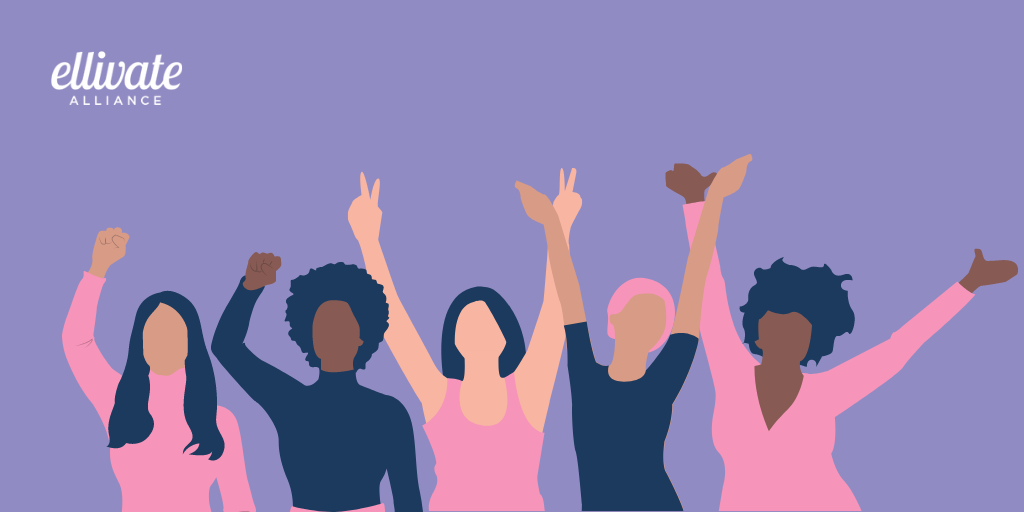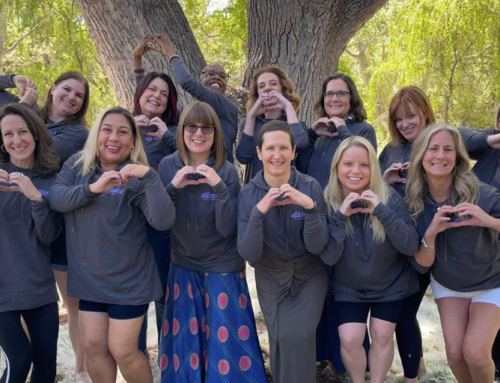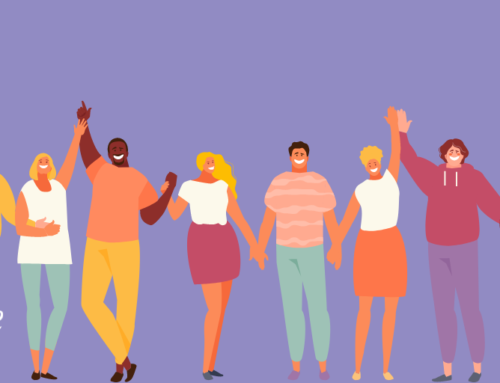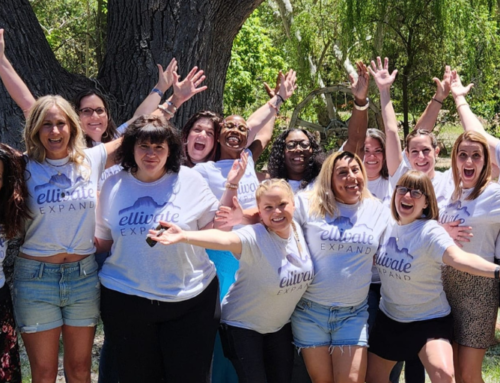Happy Women’s History Month!
This month, let’s acknowledge and celebrate all the women who have come before us. So many courageous women made it possible for us to enjoy the freedom, power and privileges we have today. Let’s celebrate our collective women’s history and how much women have changed the world for the better!
This month, we’re also celebrating our 5th birthday at the Ellivate Alliance!
It’s no accident that Ellivate was launched during Women’s History Month. I knew then, deep within my soul, that our women would make history, too.
Making history doesn’t require us to make grandiose gestures as individuals. Our collective power allows us to change the course of history, together.
Here are five ways we can each change the course of history by cultivating a more conscious, evolved business model:
- Bring your heart to your personal mission and the people you serve.
- Show up with curiosity and bravery, and challenge “the ways things have always been done” in business.
- Choose collaboration over competition. Uplift and provide opportunities for others.
- Always seek to consciously evolve your business and self, using your inner wisdom to chart your own unique course.
- Be a leader in your community. Educate yourself about social issues, and explore how you can contribute your time, energy and resources to advance positive change.
Yes, this month we celebrate the incredible strides that women have made throughout the course of history. Yet, we also acknowledge how far we still have to go to reach gender equality.
Let’s commit to taking small, brave steps, each and every day. Let’s commit to consciously using our power to support all women. Let’s change the course of history, together.
With deep love and gratitude,

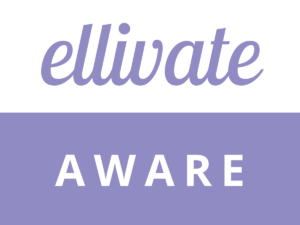
As women leaders, we have a responsibility to play a meaningful role in creating a more just world.
Each month, we’ll explore how we can integrate more conscious practices into our businesses and lives.
Be aware of this:
As we celebrate the progress made by the women who paved the way for us this month, let’s also acknowledge how much farther we still have to go. To make meaningful progress on gender equality, we must understand the intersectionality of women’s issues.
Kimberlé Crenshaw explains intersectional feminism as “a prism for seeing the way in which various forms of inequality often operate together and exacerbate each other.” When we consider how people’s social identities overlap (e.g., gender and race), we can recognize that some women experience multiple types of discrimination, in addition to gender discrimination.
Read this:
Read this UN Women article, Intersectional Feminism: What It Means and Why It Matters Right Now.
Try this:
Through this lens of intersectional feminism, consider how you could use the power and influence you have as a leader to support women who do not share other aspects of your social identity (e.g., race, class, ability, sexual orientation, immigration status, etc.)..

